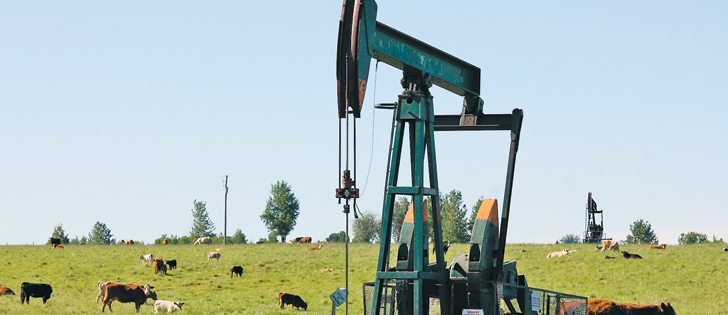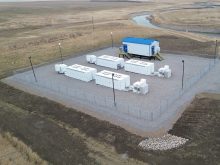Canada’s energy future is being held back by a critical obstacle: our elected officials don’t understand energy.
At all three levels of government, most politicians lack even a basic grasp of how our energy systems function.
That ignorance isn’t just a knowledge gap — it’s a leadership crisis.
Energy systems are evolving rapidly, and our leaders are ill equipped to manage the complexity, trade-offs and consequences involved. With few exceptions, their understanding is superficial, shaped more by talking points than substance.
Read Also

Invigor Gold variety viewed as threat to condiment mustard
Invigor Gold, the canola-quality mustard developed by BASF, is on a collision course with Canada’s condiment mustard industry. It’s difficult to see how the two can co-exist.
By “energy systems,” I mean the complex web of technologies, infrastructure, markets and regulations that generate, distribute and manage power — from oil and gas to hydro, nuclear, wind and solar.
These systems are deeply interconnected, constantly changing and central to every aspect of modern life. Yet the people making decisions about them often have little idea how they actually work.
The old adage “a little knowledge is a dangerous thing” perfectly describes Canadian energy politics today.
Decisions about energy directly affect household utility bills, climate goals, industrial competitiveness and grid reliability. Yet politicians tend to be tethered to the dominant energy source in their own region — oil and gas in Alberta, hydro in Quebec, nuclear in Ontario — without grasping how those systems connect or conflict.
Canada’s energy landscape is fragmented, with each province operating under its own regulatory framework, infrastructure constraints and political pressures. That makes co-ordination difficult and systems-level thinking essential.
This isn’t a left-versus-right issue. It’s not oil and gas versus renewables. It’s a national failure to understand the integrated systems that power our lives and economy.
Canada is, functionally, energy illiterate, and our elected officials reflect that reality. We flip a switch, pump gas, turn up the thermostat and rarely ask how or why it works, or what it costs in environmental or economic terms.
Take the Clean Electricity Regulations as one example.
Introduced by the federal government to drive Canada’s electricity grid to net-zero emissions by 2035, the regulations require provinces to sharply reduce or eliminate fossil fuel-based power.
However, in Alberta and Saskatchewan, where coal and natural gas still dominate, those regulations landed with a thud. The federal government failed to account for regional infrastructure limitations, market structure differences and technology readiness.
The result? Immediate backlash, legal threats and political gridlock —not because climate action is unwelcome, but because the policy was crafted in a vacuum of systems-level understanding.
Adding to the problem is the dominance of bureaucrats and political handlers in shaping what passes for energy messaging. The result is policy that’s disconnected from the realities it aims to change.
A handful of elected officials do have real-world energy experience, but even that is often narrow, based on one role or one sector. It rarely translates into the kind of broad, integrated knowledge needed to lead across multiple interdependent systems. The risks of this fragmented thinking are immense.
What’s needed is mandatory education — an energy information and insights toolkit for anyone seeking public office.
This shared curriculum would cover how electricity and fuel systems work, the economics of energy markets, climate dynamics, environmental trade-offs and public policy principles. It should be grounded in both natural and social sciences and structured to develop systems thinking, so that decisions are informed by how energy technologies, markets and governance truly interact.
Imagine if thousands of politicians — urban and rural, left and right, federal and local — learned from the same textbook. Politics wouldn’t vanish. Disagreements wouldn’t disappear. But the debate would shift from tribal talking points to informed discussion.
And for once, Canada might start moving forward on energy, not with noise or paralysis, but with purpose.

















